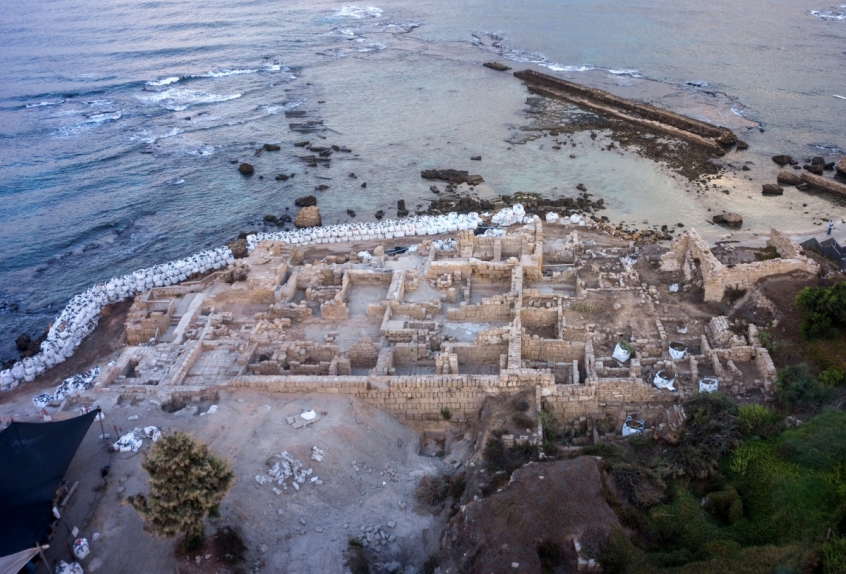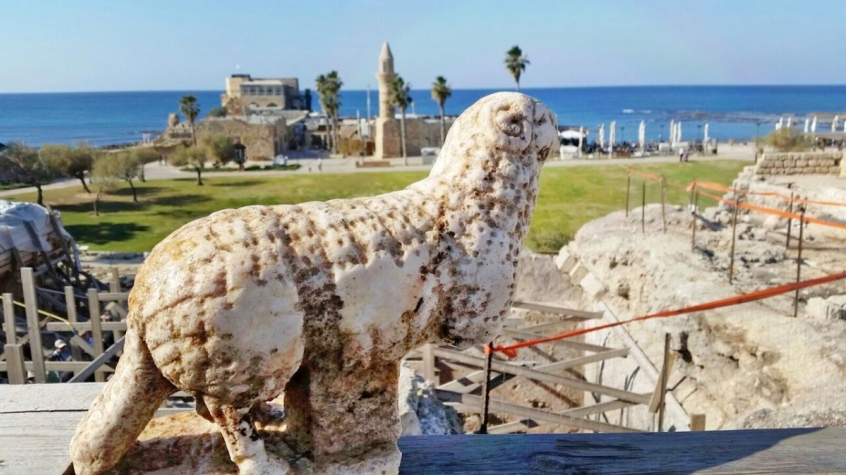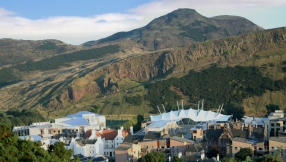One of Israel's premier historical sites is to benefit from a £21 million investment from the Edmond de Rothschild Foundation.
Ancient Caesarea is being excavated and made accessible to visitors in a major new project.

First established more than 2,000 years ago by Herod the Great, Caesarea Maritima – not the same as Caesarea Philippi – was the home of Philip the evangelist, who gave hospitality to Paul there (Acts 8:40, Acts 21: 8-10). It was also where Peter baptised the Roman centurion Cornelius (Acts 10: 1-8).
The area is now part of Caesarea National Park and contains important monuments and remains.
According to the Israel Antiquities Authority director Israel Hasson: 'The joint project is meant to expose, conserve and make use of Caesarea's secrets for the enjoyment of the general public. To date, only about six percent of Caesarea's treasures have been discovered, and magnificent finds on a global scale are buried beneath its sand dunes. This initiative must be a springboard for an ongoing national project to develop the Caesarea site in all its glory.'
Among the archaeological discoveries that have been exposed and can be visited by the public are the altar of a temple built by King Herod years ago in honour of the Emperor Augustus and the goddess Roma, mentioned in the writings of Josephus. According to him, Herod built the temple at the top of the hill. Inside the temple stood a huge statue of the emperor in the guise of Olympian Zeus and another statue of the goddess Roma, in the guise of Hera of Argos. These sculptures have yet to be found in the excavation, and they may have been taken from the site in later periods.

Other finds include a 1500-year-old synagogue, a Crusader market and a spectacular Roman fountain. A statue of a ram was found which archaeologists believe may have related to the image of Jesus as the Good Shepherd and have stood in an early Christian church – possibly re-purposed from an earlier Roman use.
Guy Swersky, vice chairman of the Edmond de Rothschild Foundation, said: 'The wealth of artefacts already discovered in the excavations greatly enhances one's experience when visiting the national park and Caesarea's harbour, and provides a rare glimpse into the historical story of Caesarea as the Roman and Byzantine capital, and as an important rabbinic center for generations.'













